
|
รองศาตราจารย์ ยุวดี วงษ์กระจ่าง ผู้ช่วยอาจารย์ เภสัชกร วสุ ศุภรัตนสิทธิ ภาควิชาสรีรวิทยา คณะเภสัชศาสตร์ มหาวิทยาลัยมหิดล |
|
| 213,747 ครั้ง เมื่อ 2 ช.ม.ที่แล้ว | |
| 2014-08-03 |
ปัจจุบันการนำผลิตภัณฑ์สมุนไพรและผลิตภัณฑ์เสริมอาหารที่มีสมุนไพรเป็นส่วนประกอบมาใช้นั้นเป็นที่นิยมอย่างแพร่หลาย ผู้ป่วยจำนวนหนึ่งได้ใช้ผลิตภัณฑ์เหล่านี้ร่วมกับยารักษาโรคแผนปัจจุบัน จึงเป็นไปได้ว่าอาจเกิดปฏิกิริยาระหว่างยาแผนปัจจุบันกับสมุนไพร (Herb-drug interactions) ปัญหาส่วนใหญ่เกิดจากผู้ที่ใช้สมุนไพรมองข้ามการให้ข้อมูลในส่วนนี้ ไม่ได้แจ้งให้แพทย์ผู้ทำการรักษาทราบว่าตนกำลังใช้สมุนไพรใดอยู่ จึงอาจเกิดอันตรายแก่ผู้ใช้ได้โดยเฉพาะการเกิดปฏิกิริยาระหว่างยากับสมุนไพรนั้นอาจจะค่อยๆ เกิดขึ้นโดยไม่อาจสังเกตเห็น จนกระทั่งผู้ป่วยเกิดอันตรายหรือมีผลต่อร่างกายอย่างรุนแรง
รายงานเกี่ยวกับปฏิกิริยาระหว่างยากับสมุนไพรยังมีน้อย บุคลากรที่มีหน้าที่ดูแลเกี่ยวกับสุขภาพ เช่น แพทย์ เภสัชกร จึงควรตระหนักและให้คำปรึกษาแก่ผู้ใช้สมุนไพรร่วมกับยา ตลอดจนข้อควรระวัง เพื่อป้องกันอันตรายที่อาจจะเกิดขึ้น
การเกิดปฏิกิริยาระหว่างยากับสมุนไพร
การเกิดปฏิกิริยาระหว่างยากับสมุนไพร สามารถอธิบายได้ 2 รูปแบบ คือ
- ปฏิกิริยาทางเภสัชจลนศาสตร์ (Pharmacokinetic interactions) โดยยาหรือสมุนไพรมีผลเปลี่ยนแปลงการดูดซึม การกระจายตัว เมแทบอลิซึม (Metabolism) และการขับถ่ายยาออกจากร่างกาย ซึ่งทำให้ปริมาณของยาหรือสมุนไพรที่ออกฤทธิ์เพิ่มขึ้นหรือลดลง
- ปฏิกิริยาทางเภสัชพลศาสตร์ (Pharmacodynamic interactions) โดยยาหรือสมุนไพรมีผลเปลี่ยนแปลงการออกฤทธิ์ของยาที่เนื้อเยื่อหรืออวัยวะเป้าหมาย ทำให้ยาหรือสมุนไพรแสดงฤทธิ์เพิ่มขึ้น (Synergistic effects) หรือลดลง (Antagonist effects)
จากรายงานเมื่อเร็วๆ นี้ พบว่าสมุนไพรบางชนิด มีผลการศึกษารายงานว่าเกิดปฏิกิริยาระหว่างยากับสมุนไพร ส่งผลกระทบต่อการรักษาอย่างชัดเจน เช่น เซนต์จอห์นเวิร์ท (St.John's Wort; Hypericum perforatum Linn) หรือ เกรปฟรุต (Grapefruit; Citrus paradisi Macfad) ที่เริ่มได้รับความนิยมในประเทศไทย
ในขณะเดียวกัน มีกรณีศึกษา (Case reports) จากผู้ป่วยหลายรายที่เกิดความผิดปกติในร่างกายเมื่อใช้ยาร่วมกับสมุนไพร ซึ่งเป็นข้อมูลที่น่าเชื่อถือมากกว่าข้อมูลจากทฤษฎีหรือจากการทดลองในห้องปฏิบัติการ (ในหลอดทดลองหรือสัตว์ทดลอง) อย่างไรก็ตามการให้ข้อมูลต่างๆ เช่น ระยะเวลาที่เริ่มเกิดอาการ ความรุนแรง และอาการที่เกิดขึ้น ในกรณีศึกษายังมีข้อจำกัดหลายด้าน จึงต้องตระหนักด้วยว่ารายงานเพียง 1-2 รายงาน อาจไม่ใช่หลักประกันของการห้ามใช้สมุนไพรร่วมกับยานั้นๆ การติดตามผลการรักษาหรือสังเกตความผิดปกติที่เกิดขึ้นเป็นสิ่งจำเป็น หากมีการใช้สมุนไพรร่วมกับยาแผนปัจจุบัน
ตัวอย่างจากรายงาน 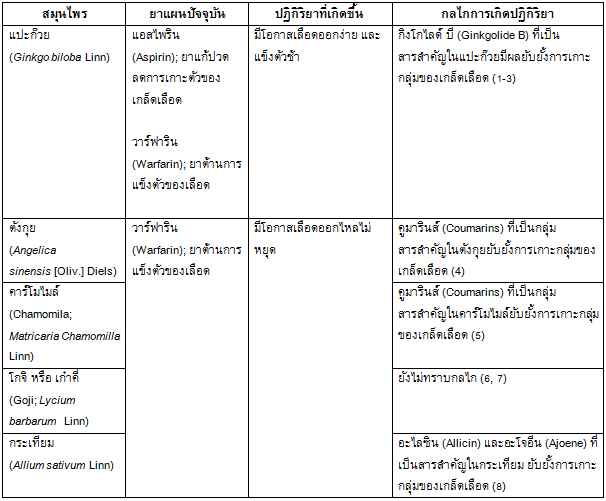
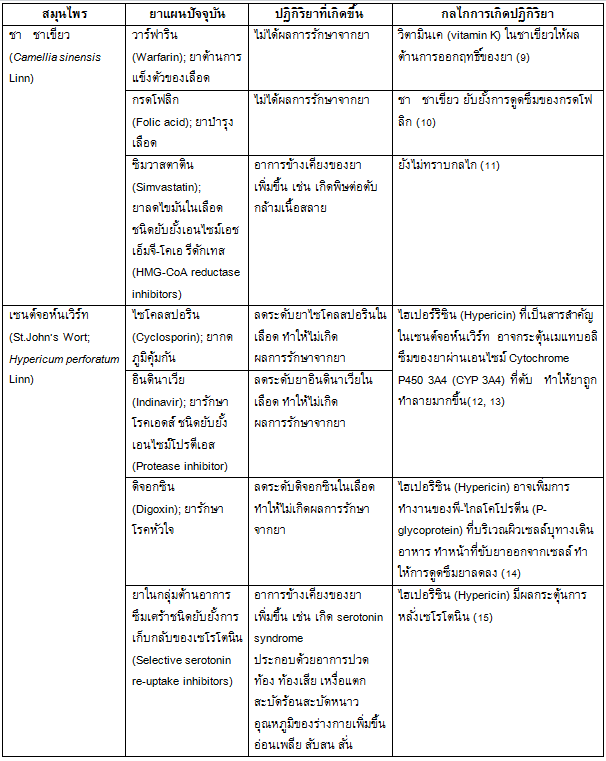
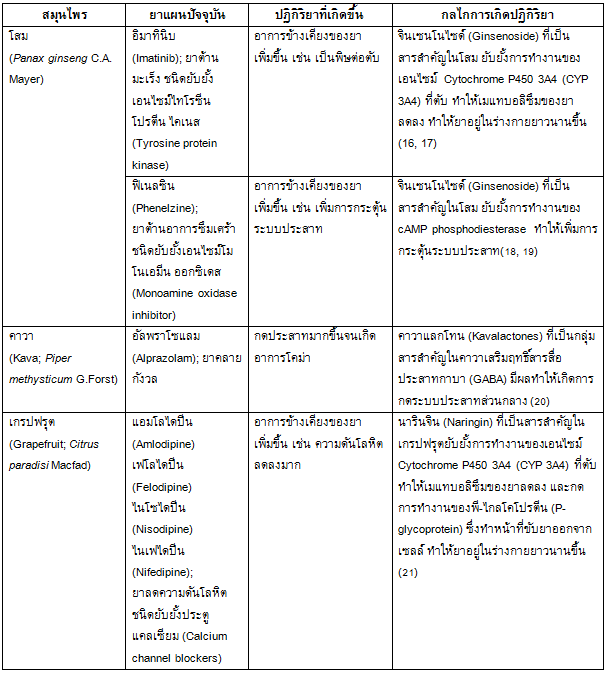
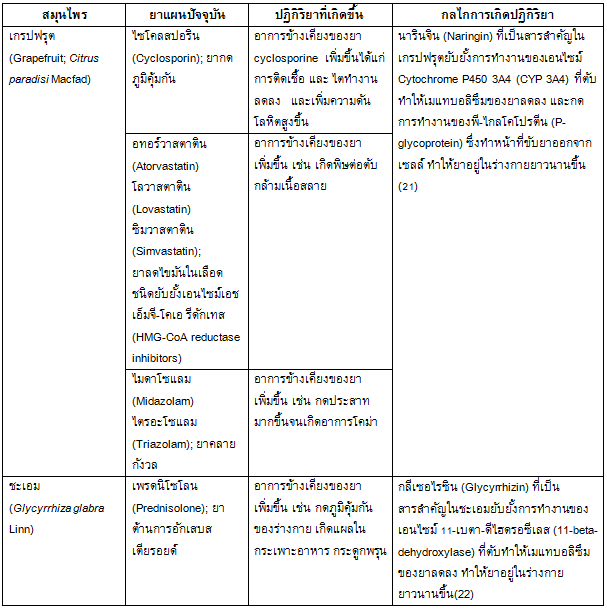
การศึกษาในปัจจุบันยังคาดการณ์การใช้สมุนไพรและยาแผนปัจจุบัน ว่าอาจเกิดปฏิกิริยาระหว่างยากับสมุนไพรในทางทฤษฎีได้ โดยกลไกการเกิดคล้ายคลึงกับในกรณีที่มีรายงาน หรือ กรณีศึกษา เช่นกัน
ตัวอย่างจากการคาดการณ์ทางทฤษฎี 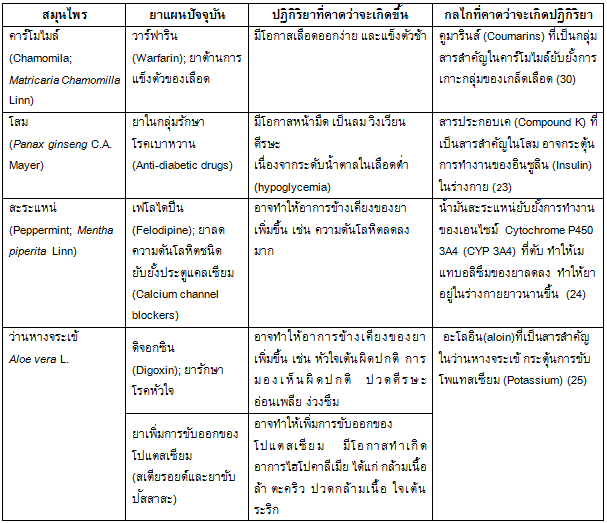
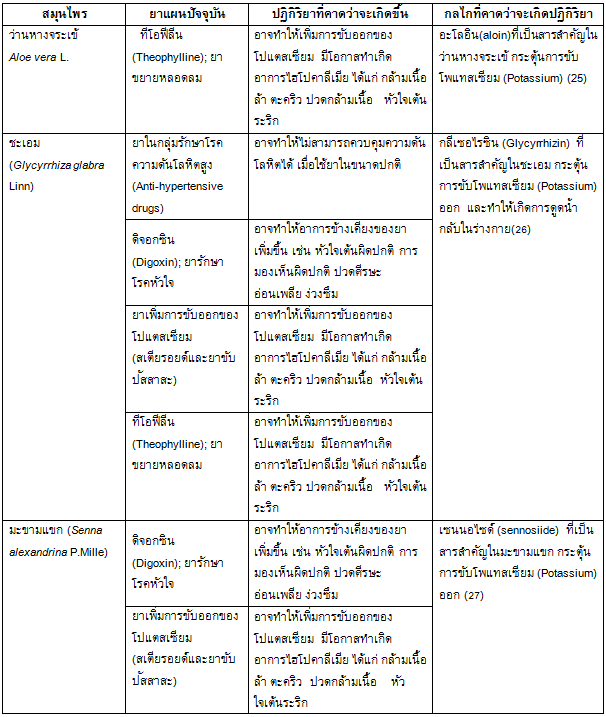
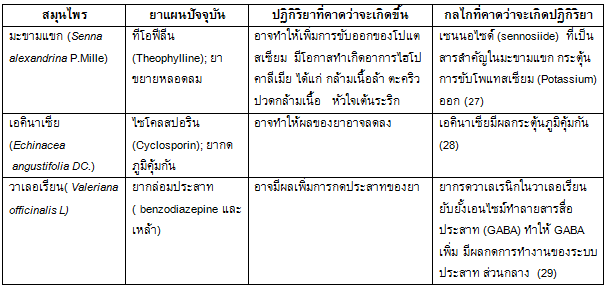
แหล่งอ้างอิง/ที่มา
- Diamond BJ, Bailey MR. Ginkgo biloba: indications, mechanisms, and safety. Psychiatr Clin North Am. 2013;36(1):73-83.
- Pedroso JL, Henriques Aquino CC, Escorcio Bezerra ML, Baiense RF, Suarez MM, Dutra LA, et al. Ginkgo biloba and cerebral bleeding: a case report and critical review. Neurologist. 2011;17(2):89-90.
- Benjamin J, Muir T, Briggs K, Pentland B. A case of cerebral haemorrhage-can Ginkgo biloba be implicated? Postgrad Med J. 2001;77(904):112-3.
- Page RL, 2nd, Lawrence JD. Potentiation of warfarin by dong quai. Pharmacotherapy. 1999;19(7):870-6.
- Segal R, Pilote L. Warfarin interaction with Matricaria chamomilla: CMAJ. 2006 Apr 25;174(9):1281-2.
- Lam AY, Elmer GW, Mohutsky MA. Possible interaction between warfarin and Lycium barbarum L. Ann Pharmacother. 2001;35(10):1199-201.
- Leung H, Hung A, Hui AC, Chan TY. Warfarin overdose due to the possible effects of Lycium barbarum L. Food Chem Toxicol. 2008;46(5):1860-2.
- Rose KD, Croissant PD, Parliament CF, Levin MB. Spontaneous spinal epidural hematoma with associated platelet dysfunction from excessive garlic ingestion: a case report. Neurosurgery. 1990;26(5):880-2.
- Taylor JR, Wilt VM. Probable antagonism of warfarin by green tea. Ann Pharmacother. 1999;33(4):426-8.
- Alemdaroglu NC, Dietz U, Wolffram S, Spahn-Langguth H, Langguth P. Influence of green and black tea on folic acid pharmacokinetics in healthy volunteers: potential risk of diminished folic acid bioavailability. Biopharm Drug Dispos. 2008;29(6):335-48.
- Werba JP, Giroli M, Cavalca V, Nava MC, Tremoli E, Dal Bo L. The effect of green tea on simvastatin tolerability: Ann Intern Med. 2008 Aug 19;149(4):286-7.
- Ruschitzka F, Meier PJ, Turina M, Luscher TF, Noll G. Acute heart transplant rejection due to Saint John's wort: Lancet. 2000 Feb 12;355(9203):548-9.
- Piscitelli SC, Burstein AH, Chaitt D, Alfaro RM, Falloon J. Indinavir concentrations and St John's wort: Lancet. 2000 Feb 12;355(9203):547-8.
- Johne A, Brockmoller J, Bauer S, Maurer A, Langheinrich M, Roots I. Pharmacokinetic interaction of digoxin with an herbal extract from St John's wort (Hypericum perforatum). Clin Pharmacol Ther. 1999;66(4):338-45.
- Lantz MS, Buchalter E, Giambanco V. St. John's wort and antidepressant drug interactions in the elderly. J Geriatr Psychiatry Neurol. 1999;12(1):7-10.
- Bilgi N, Bell K, Ananthakrishnan AN, Atallah E. Imatinib and Panax ginseng: a potential interaction resulting in liver toxicity. Ann Pharmacother. 2010;44(5):926-8.
- Goey AK, Mooiman KD, Beijnen JH, Schellens JH, Meijerman I. Relevance of in vitro and clinical data for predicting CYP3A4-mediated herb-drug interactions in cancer patients. Cancer Treat Rev. 2013;39(7):773-83.
- Jones BD, Runikis AM. Interaction of ginseng with phenelzine: J Clin Psychopharmacol. 1987 Jun;7(3):201-2.
- Shader RI, Greenblatt DJ. Phenelzine and the dream machine--ramblings and reflections: J Clin Psychopharmacol. 1985 Apr;5(2):65.
- Almeida JC, Grimsley EW. Coma from the health food store: interaction between kava and alprazolam: Ann Intern Med. 1996 Dec 1;125(11):940-1.
- Seden K, Dickinson L, Khoo S, Back D. Grapefruit-drug interactions. Drugs. 2010;70(18):2373-407.
- Chen MF, Shimada F, Kato H, Yano S, Kanaoka M. Effect of oral administration of glycyrrhizin on the pharmacokinetics of prednisolone. Endocrinol Jpn. 1991;38(2):167-74.
- Shah BH, Nawaz Z, Pertani SA. Inhibitory effect of curcumin, a food spice from turmeric, on platelet-activating factor- and arachidonic acid-mediated platelet aggregation through inhibition of thromboxane formation and Ca2+ signaling. Biochem Pharmacol 1999;58:1167-72
- Liao YR, Leu YL, Chan YY, Kuo PC, Wu TS. Anti-platelet aggregation and vasorelaxing effects of the constituents of the rhizomes of Zingiber officinale. Molecules. 2012 Jul 26;17(8):8928-3
- http://www.ucdenver.edu/academics/colleges/pharmacy/currentstudents/ OnCampusPharmDStudents/ExperientialProgram/Documents/nutr_monographs/ Monograph -aloe.pdf
- Celik MM, Karakus A, Zeren C, Demir M, Bayarogullari H, Duru M, et al. Licorice induced hypokalemia, edema, and thrombocytopenia. Hum Exp Toxicol. 2012;31(12):1295-8.
- Ritsema GH, Eilers G. Potassium supplements prevent serious hypokalaemia in colon cleansing. Clin Radiol. 1994 Dec;49(12):874-6
- Zhai Z, Liu Y, Wu L, Senchina DS, Wurtele ES, Murphy PA, Kohut ML, Cunnick JE. Enhancement of innate and adaptive immune functions by multiple Echinacea species.J Med Food. 2007 Sep;10(3):423-34
- Murphy K1, Kubin ZJ, Shepherd JN, Ettinger RH. Valeriana officinalis root extracts have potent anxiolytic effects in laboratory rats. Phytomedicine. 2010 Jul;17(8-9):674-8
- Jiang S, Ren D, Li J, Yuan G, Li H, Xu G, et al. Effects of compound K on hyperglycemia and insulin resistance in rats with type 2 diabetes mellitus. Fitoterapia. 2014;5:58-64.
- Cho J, Park W, Lee S, et al. Ginsenoside-Rb1 from Panax ginseng C.A. Meyer activates estrogen receptor-alpha and -beta, independent of ligand binding. J Clin Endocrinol Metab 2004;89:3510-5.
- Lee YJ, Jin YR, Lim WC, et al. Ginsenoside-Rb1 acts as a weak phytoestrogen in MCF-7 human breast cancer cells. Arch Pharm Res 2003;26:58-63.
บทความที่ถูกอ่านล่าสุด
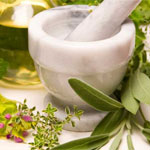
|
มาทำความรู้จักกับ สาขาวิชาเภสัชวินิจฉัย 1 วินาทีที่แล้ว |
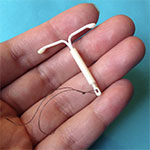
|
ห่วงอนามัย…สำหรับการคุมกำเนิดระยะยาว 1 วินาทีที่แล้ว |
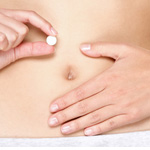
|
ความรู้ทั่วไปเรื่องยาคุมกำเนิดฉุกเฉิน 1 วินาทีที่แล้ว |
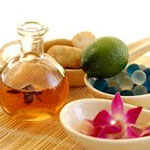
|
อโรมาเธอราพี (Aromatherapy) 1 วินาทีที่แล้ว |
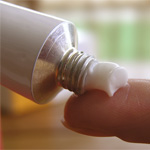
|
ยาทาสเตียรอยด์สำหรับโรคผิวหนัง 3 วินาทีที่แล้ว |

|
ยาเม็ดโปแทสเซียมไอโอไดด์ ( ไอโอดีนเม็ด ) (KI) ป้องกันสารกัมมันตรังสี ไอโอดีน 131 21 วินาทีที่แล้ว |

|
“นิโคติน” สารทดแทนช่วยเลิกบุหรี่ 32 วินาทีที่แล้ว |

|
ยาแก้วิงเวียน ระวัง! อย่าใช้พร่ำเพรื่อ 1 นาทีที่แล้ว |
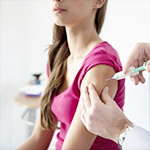
|
ยาคุมกำเนิดชนิดฉีด 1 นาทีที่แล้ว |
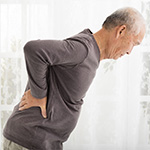
|
ปวดสะโพกร้าวลงขา หมอนรองกระดูกเคลื่อนทับเส้นประสาทจริงหรือไม่ 1 นาทีที่แล้ว |
